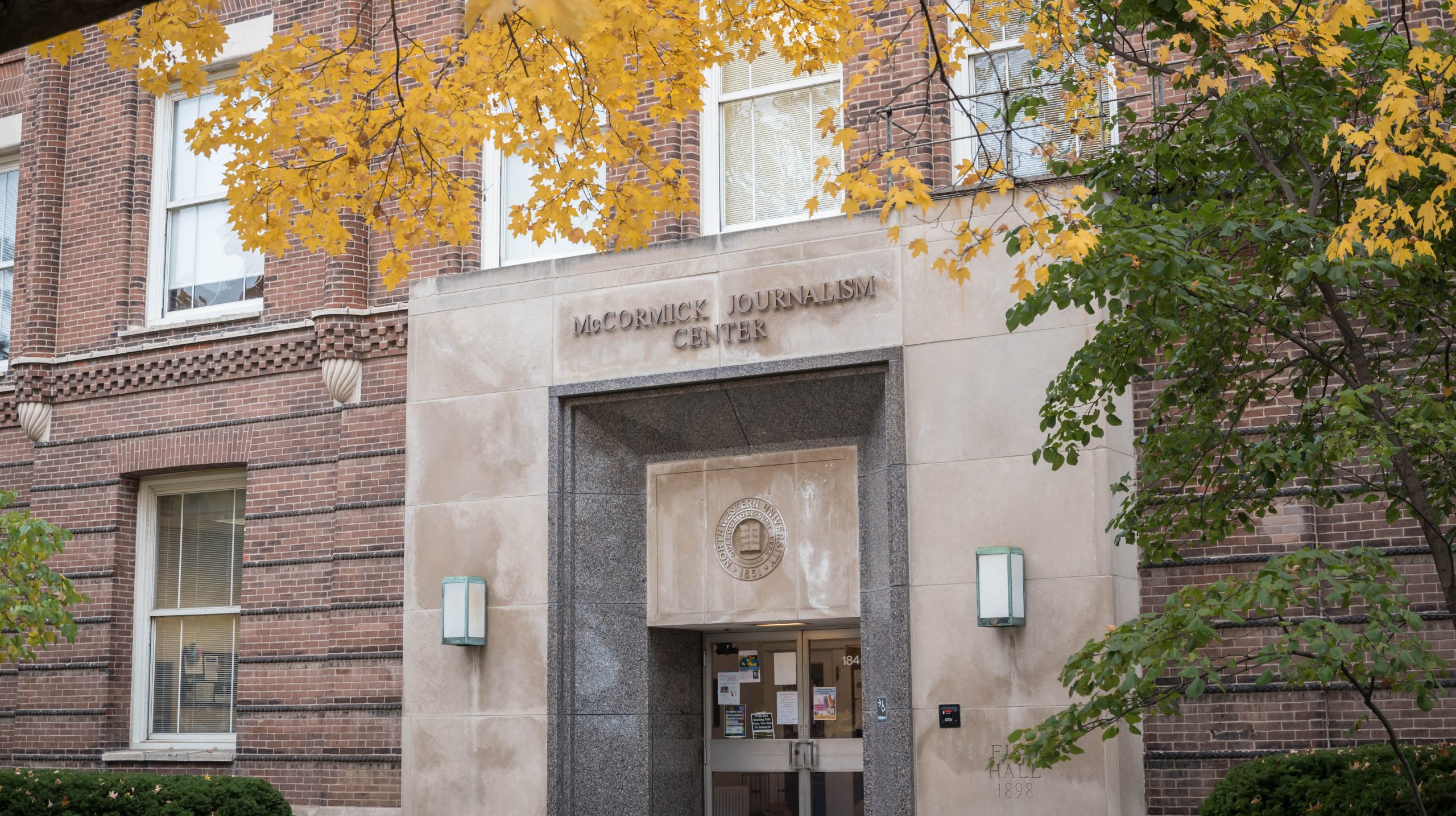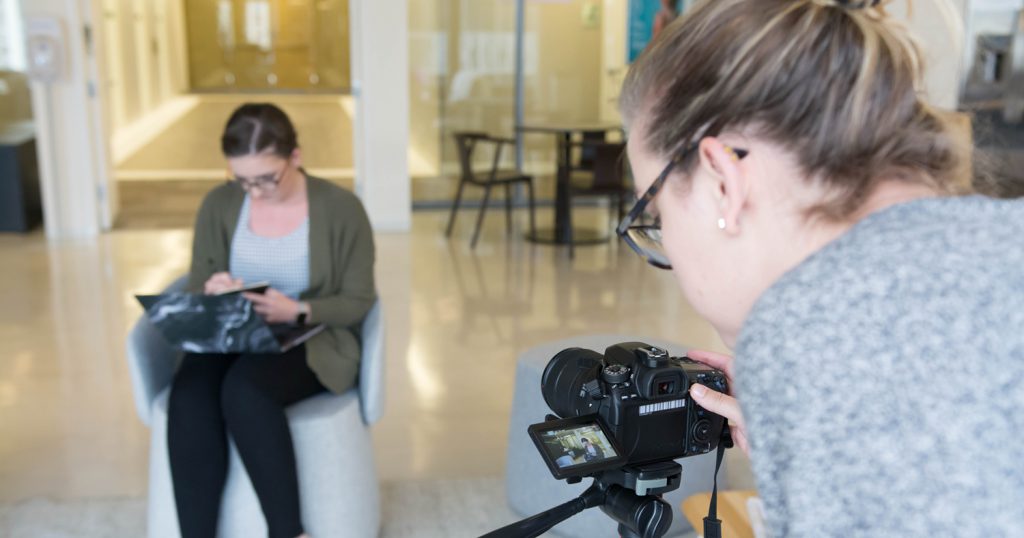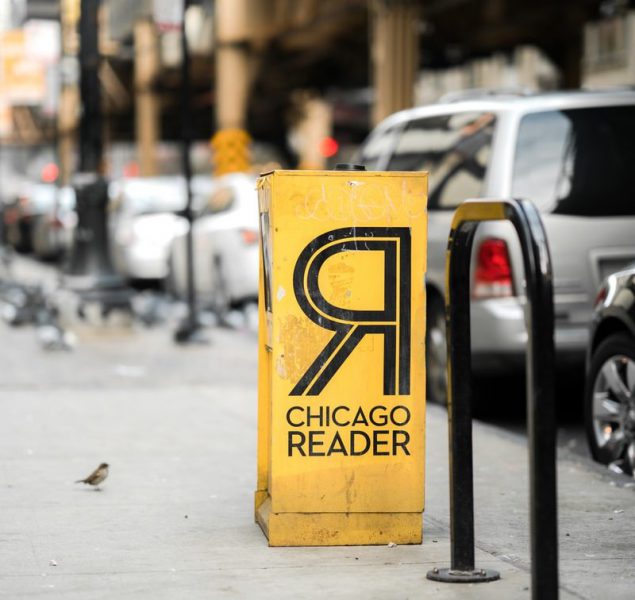Newspapers across the country have been in decline for decades and Chicago outlets have not been immune from precipitous drops in ad revenue and mass layoffs. But the region has been distinguishing itself nationally with its entrepreneurship in journalism. A new class of collaborative, equity-focused outlets are taking root in the region and attracting national attention with their commitment to listening and serving the public news they need to be civically informed. Innovative nonprofit and forprofit models are emerging to tackle the nation’s local news challenge, making Chicago a unique opportunity for research and partnership.
Northwestern University’s Medill School of Journalism, Media, Integrated Marketing Communications is taking an ambitious step to more deeply engage with Chicago’s information ecosystem and launching the Metro Media Lab, a comprehensive series of initiatives to support local outlets, journalists, and the public they serve. The lab is designed to help local news organizations better engage with citizens; provide quality, solutions-oriented journalism; and strengthen the sustainability of local news organizations through research, training and student-produced storytelling in partnerships with Chicago outlets.
“By pairing our research, our faculty and our students with journalists and future journalists, we can make a difference in helping people understand the importance of local news and establishing successful news organizations to provide this essential service,” said Medill Dean Charles Whitaker.

The Metro Media Lab will provide reporting, data and training to support a strong future for local news. This includes partnering with leaders of Chicago community and ethnic media organizations to support their financial sustainability.
As the COVID-19 pandemic has underscored, these community news outlets are indispensable resources for connecting residents, especially those in disinvested communities, with information that is critical to their lives and livelihoods.
Medill students will continue to partner with local news outlets to engage communities profoundly affected by social, political, and economic inequities to explore and report on potential solutions to some of Chicago’s most vexing issues. The Lab also will coordinate research into Chicago news and information consumption to help practitioners and scholars better understand who is and isn’t being served by the news media and how to develop more inclusive models.
An innovative portion of the initiative is the Lab’s “Teach for Chicago Journalism” campaign, aimed at giving both teachers and high school students the tools they need to nurture writing and multimedia skills for the future. McCormick has made significant investments in youth media. Democracy Program Director, Shawn Healy, PhD has highlighted the critical challenge of low student access in Chicago Public Schools to journalism instruction. “Scholastic journalism is vital to the civic mission of our schools and serves as an important pipeline into the journalism profession, where people of color are also vastly underrepresented,” Healy said. “Yet only 1,038 students were enrolled in these courses during the 2017-2018 school year, less than 1% of CPS’ high school student body of 107,352.”

“Our democracy demands that its citizens be informed, and local news organizations are vital to that requirement,” added Whitaker. “With the launch of the Metro Media Lab, Medill has an unparalleled opportunity to share its knowledge with local media organizations to help them thrive.”
The Metro Media Lab represents an extension of the work already underway at Medill to help struggling local news organizations nationally. This work is vital to the functioning of a healthy self-governed democracy.
The Robert R. McCormick Foundation made a grant in 2020 to support this initiative.



